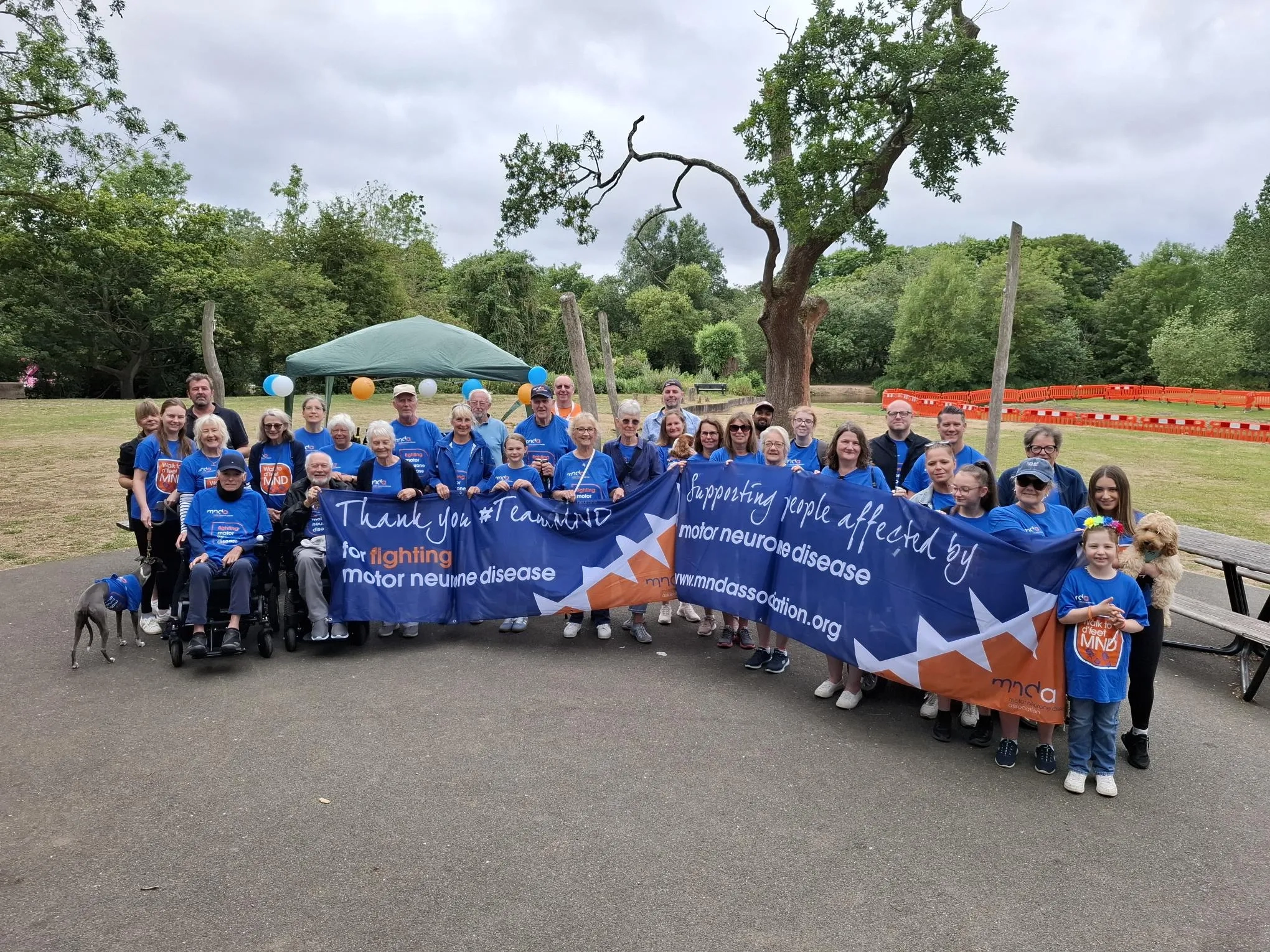The MND Association has a long and proud history of working with local decision-makers to deliver real change for people living with MND. If you want to keep up to date with Association campaigning, and have the opportunity to input into our work, please sign up to our MND Councillor Network using the form below.
MND: Key Issues
Accessible housing
Access to timely and affordable home adaptations is vital to ensure people with MND can stay healthy and live safely, independently and with as much dignity as possible in their own homes.
The Disabled Facilities Grant (DFG), which is in place to fund essential home adaptations, is unfit for people with rapidly progressing conditions like MND. Too often people face a lengthy, complex process, which fails to deliver the adaptations they need when they need them. In England, large adaptations take on average 375 days from application to installation.; in Wales, 289 days; and in Northern Ireland, 357 days. For MND, an often rapidly progressive condition, these lengthy timelines leave people stranded in unsafe homes.
“My husband couldn’t wash properly for over six months. I used to wash him by the kitchen sink as I obviously couldn’t get him upstairs. [He] ended up in a hospice for care…we managed to get him home for Christmas and he died two months later.”
Grant levels are also insufficient for people with a complex disease like MND. In England and Wales DFG caps have not changed since 2008, leaving many to cover large personal costs - 33% of people living with MND told us grants barely or did not cover required works. In Northern Ireland, the cap was increased in 2022, but it still needs to rise further.
Over half of people living with MND told us they were dissatisfied or very dissatisfied with their experience of the DFG process.
Recommendations
- UK and devolved governments must increase the DFG cap in line with inflation so that it covers the substantial adaptations required by people with rapidly progressing, severe conditions like MND.
- Local authorities and the NI Housing Executive must implement a fast-track process for people with progressive, life-limiting conditions like MND.
- The means test, which slows down the application process and deters applicants, should be waived for people with progressive, life-limiting conditions such as MND.
Prescribe Life: Life-changing treatment for people with SOD1 MND
Tofersen is a groundbreaking precision therapy for the 2% of people with MND whose disease is caused by variations in the SOD1 gene. It represents a major breakthrough in MND treatment, slowing progression significantly for people with SOD1 MND and halting it altogether for some people. This is a first-of-its-kind MND treatment and offers real hope.
“Thanks to tofersen, patients who have been on this medication are still living with the qualities they had when they started the treatment three and a half, in some cases four and a half, years ago.” – Somebody living with SOD1 MND
Over 30 people with SOD1 MND are currently receiving it via Biogen’s Early Access Programme, through which the drug is provided free to patients.
However, we are aware of a growing number of eligible patients unable to access the drug due to a lack of capacity and resource within NHS services. For these people, this is a matter of life or death. Each day that passes without receiving the drug causes avoidable disease progression and shortens their life expectancy.
“I just struggle to comprehend [that] such a drug is available, and just because there is no staff to deliver that drug, they can't take patients in, which are not many.” – Somebody living with SOD1 MND
Recommendation:
- Government must urgently support the NHS to find capacity within the system to enable all eligible people with SOD1 MND to access tofersen.
Left Waiting: Fixing the MND Genetic Testing Pathway
Genetic testing is a vital tool for people living with or at risk of MND, offering clarity on diagnosis, access to clinical trials, and eligibility for emerging precision therapies.
Yet across the UK, patients face unacceptable delays of up to two years in some cases before receiving their genetic testing results. This is due to a lack of a standardised national pathway, regional inconsistencies in delivery, and a severely under-resourced genetic services workforce. Despite NHS England’s 2023 update expanding eligibility for testing for people living with MND, many individuals remain stuck in a bottlenecked system, missing time-sensitive opportunities for treatment and participation in research.
Without action, the UK risks falling behind in delivering personalised, life-changing treatments to people with MND.
I mentioned to my consultant that my cousin passed away, and we found out she also had MND. Then my consultant put me down for genetic testing in May 2024, and we're still waiting for it. We had genetic tests done in Turkey, and the results took four weeks.” – Somebody living with a genetic form of MND.
Recommendations:
- Urgently review and standardise the MND genetic testing pathway, prioritising fast-track testing at the point of diagnosis, consistent referrals, access to genetic counselling, expedited interpretation of genomic data.
- Implement long-term investment in the recruitment, training and retention of the genomics workforce to ensure future demand for genetic testing is met.
- We are also calling on Welsh Government and the Northern Ireland Executive to develop a standardised MND genetic testing pathway and ensure sufficient capacity and capability to do so.
